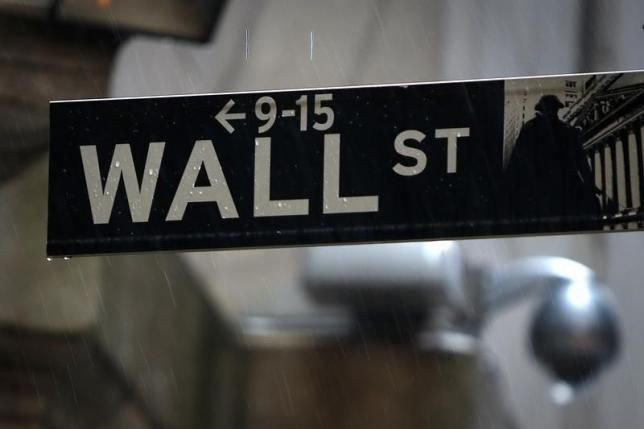Lawmakers Who Owned Bank Stock Were More Likely To Vote For Wall Street Bailout: Study

Do the personal assets of congressional lawmakers affect the way they vote on federal legislation? New data says yes -- at least when it comes to their votes to bail out Wall Street with hundreds of billions of taxpayer dollars.
Amid the 2008 financial crisis, congressional lawmakers passed a bill providing $700 billion of direct support to major banks. In a new study, researchers from the London Business School and Tillburg University cross-referenced lawmakers’ vote for that controversial legislation with those lawmakers’ financial holdings. Their conclusion: members of the U.S. House of Representatives with a personal stake in bank stocks were far more likely to support the legislation than those who were not invested in those institutions.
“We estimate that representatives are almost 60 percent more likely to vote in favor of government intervention when the financial crisis affected their personal wealth,” concludes the study, which the authors say is the “the first to document that the stock ownership of politicians is associated with government intervention” in financial markets.
The new data showing a correlation between wealth and policymaking emerges at a moment when federal offices are increasingly held by the rich. In the current Congress, the median lawmaker’s net worth is more than $1 million -- and 271 of the 533 members are millionaires. Meanwhile, president-elect Donald Trump has appointed a Cabinet of corporate moguls, CEOs and wealthy political figures whose combined net worth is more than $14 billion.
In the analysis of bank bailout votes in Congress, the new study acknowledges that personal assets were not the only potential forces at play -- and so the researchers devised various tests to try to isolate personal enrichment as a key voting motive.
For instance, they found that while lawmakers currently invested in bank stocks were more likely to vote for government intervention to help Wall Street, those that had only previously owned such stocks showed no special proclivity to cast such votes. This, the researchers said, proved the motive of self-interest.
“If the ownership of financial stocks reflects beliefs in financial intermediation, one should not observe any differences in the voting behavior between ex-investors and current investors,” they wrote. “If, on the other hand, personal wealth interests drive the voting behavior in favor of the financial sector, we should find that current investors (but not ex-investors) are more likely to vote in favor of the [bailout]. Our data show that being an ex-investor in the financial sector does not influence voting. Only the asset holdings of current investors are associated with voting.”
Similarly, the researchers found that lawmakers whose spouses experienced losses in their 401(k) plans were 23 percent more likely to cast pro-bailout votes than those whose spouses had not seen such losses. That, they assert, is evidence that “personal wealth interests” played a role in the bailout votes -- rather than merely a general ideological belief in the financial industry as a whole.
The researchers also conducted similar data tests that cross-referenced lawmakers’ bailout votes with their party, their general political ideology, their sources of campaign cash and their voters’ public policy preferences. In each case, they found “a sizeable effect of being an investor in the financial sector for politicians who are very similar in terms of their ideology and their constituency and special interests.”
© Copyright IBTimes 2025. All rights reserved.






















